Why Is My AC Blowing Out Warm Air?
When the summer sun beats down, we rely on our trusty air conditioners to keep our homes cool and comfortable. But what do you do when you switch it on and realize your AC is not blowing cold air? It can be pretty frustrating, but don't worry – there are a few things you can check to troubleshoot the problem.
Common causes of AC failure
Several things can cause your AC to fail. Some of the most common causes include:
- Dirty or clogged air filters. Dirty or clogged air filters can restrict airflow and prevent your AC from cooling properly.
- Low refrigerant levels. Refrigerant is the fluid circulating through your AC system to absorb heat from the air. If your refrigerant levels are low, your AC cannot cool effectively.
- Compressor problems. The compressor is the heart of your AC system. If it fails, your AC will not be able to cool at all.
- Electrical problems. Electrical problems can also cause your AC to fail. For example, a faulty AC capacitor can prevent your compressor from starting.
- Old age. Over time, AC units wear out and become less efficient. If your AC is over ten years old, it may be time to replace it.
How to diagnose common AC problems yourself
If your AC is not blowing cold air, you can try to diagnose the problem yourself before calling a technician. Here are a few things to check:
- Thermostat settings. Make sure your thermostat is set to the correct cooling mode and temperature.
- Air filters. Inspect your air filters for dirt and clogging. If they are dirty or clogged, replace them.
- Refrigerant levels. You can check your refrigerant levels using a refrigerant gauge kit. Call a technician to recharge your system if your refrigerant levels are low.
- Compressor. If your compressor is not running, you must call a technician to diagnose the problem.
- Electrical problems. If you suspect an electrical problem with your AC unit, it is best to call a qualified electrician to diagnose the problem.
How to choose the right AC unit for your home
If you need to replace your AC unit, there are a few things you need to consider when choosing a new unit:
- The size of your home. Your AC unit's size will depend on your home's size. You can calculate the size of the AC unit you need using a BTU calculator.
- The climate you live in. If you live in a hot climate, you will need a more powerful AC unit than in a cooler climate.
- Your budget. AC units can range in price from a few hundred to several thousand dollars. It is important to set a budget before you start shopping for a new unit.
Get A New AC Unit
Everything has its time, even air conditioners. If your AC gets on in years, it might tell you it's time for a new chapter. Older AC’s lose efficiency, making them less comfy and expensive.
Remember, keeping up with regular maintenance, like AC tune up and air filter changes, can make your AC live longer and work better. But if you've tried everything and your AC still isn't up to the cooling challenge, it might be time to discuss getting a new one. Give your local HVAC experts a shout and see what options they suggest.
Contact Gainesville Mechanical today for your heating, ventilation, and air conditioning services. We'll ensure your emergency AC repair is sorted out promptly and affordably so you can enjoy a comfortably cool home for years. Stay chill!
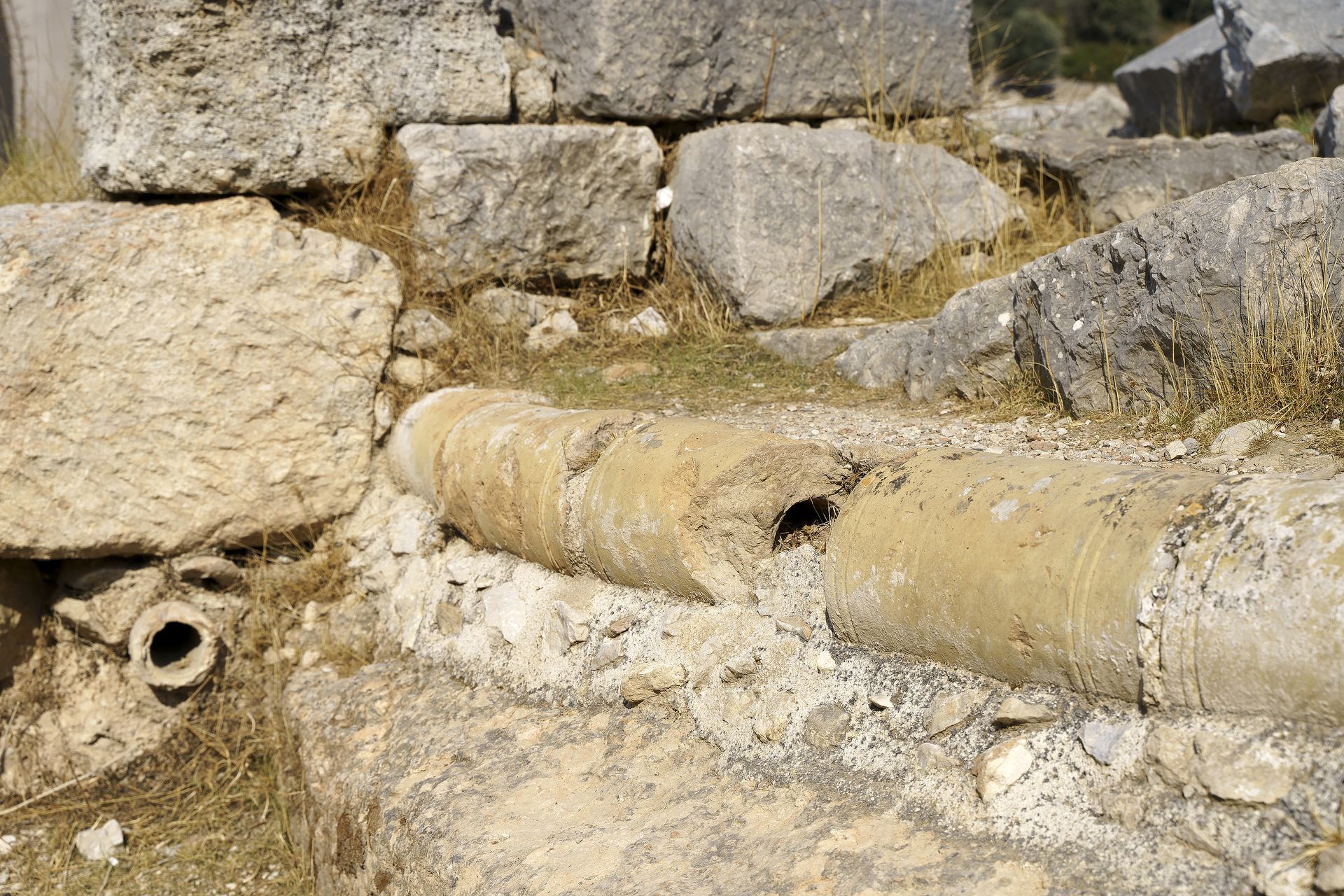
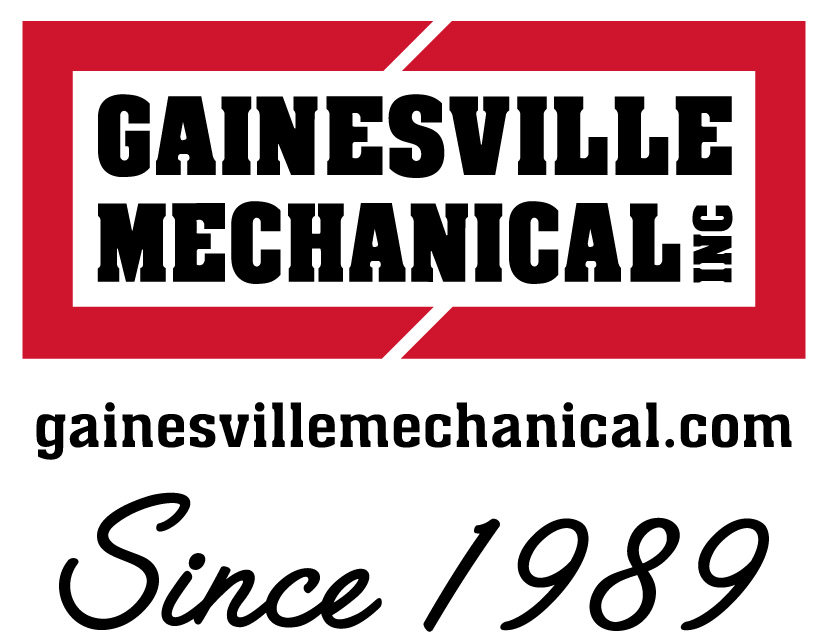
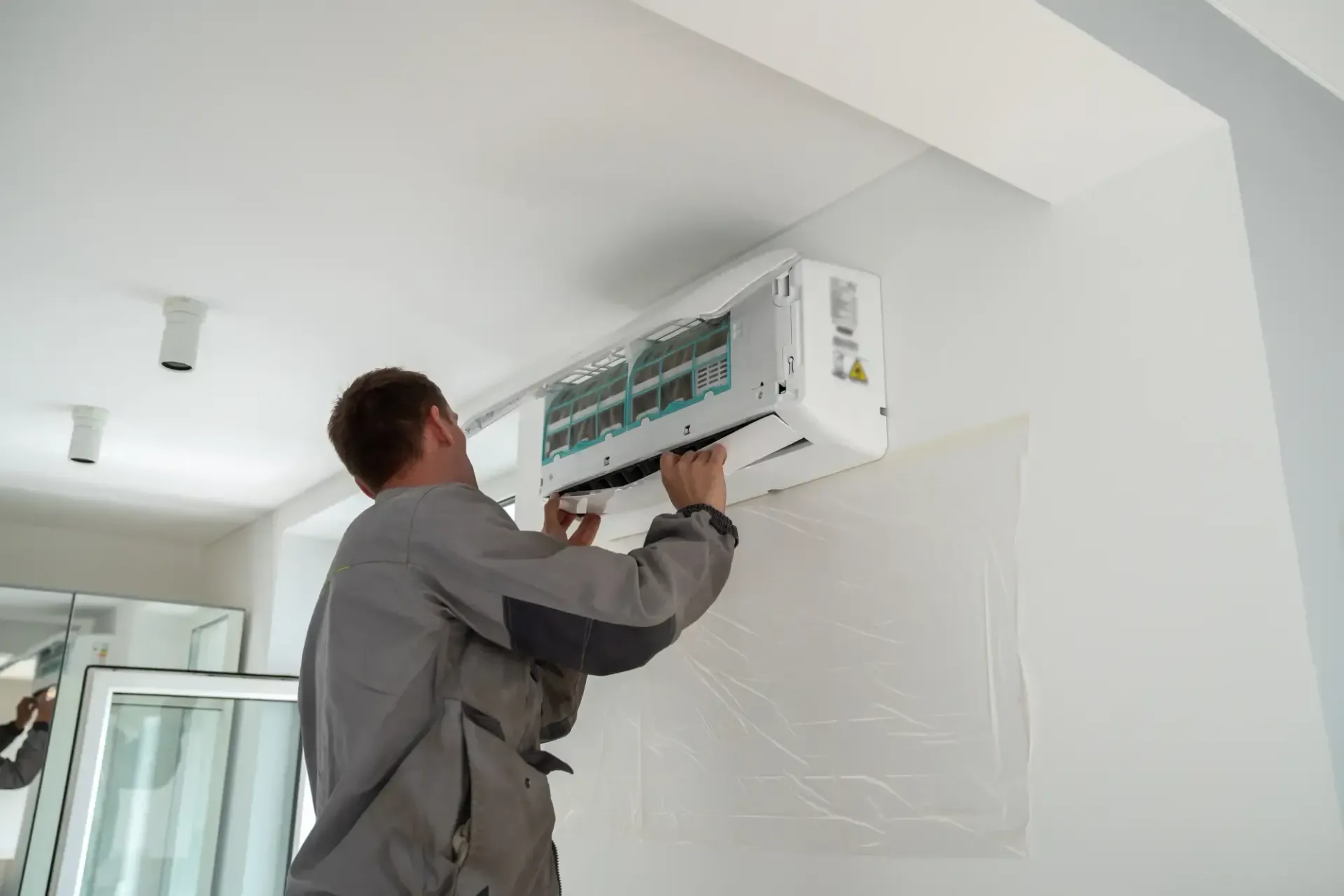
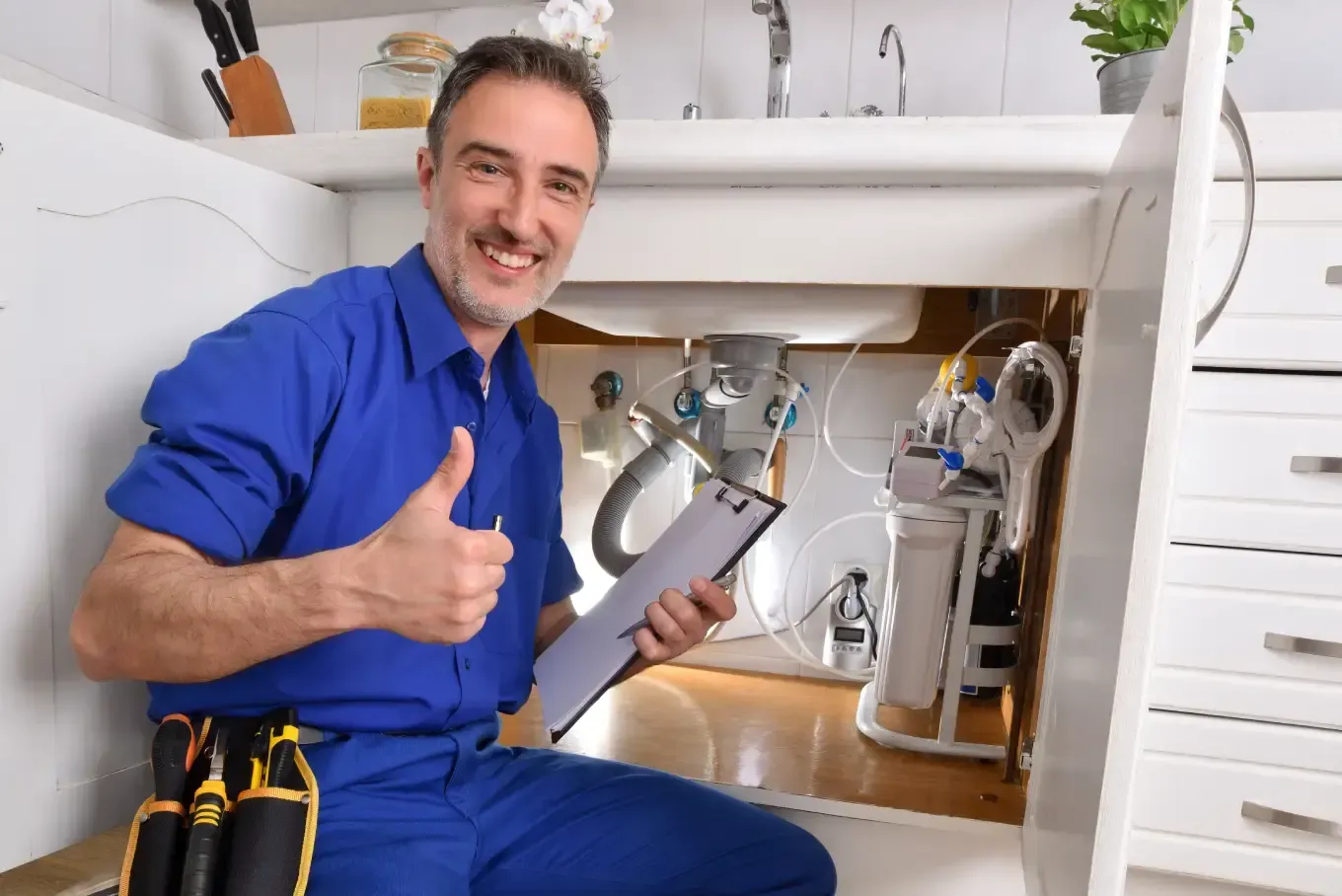
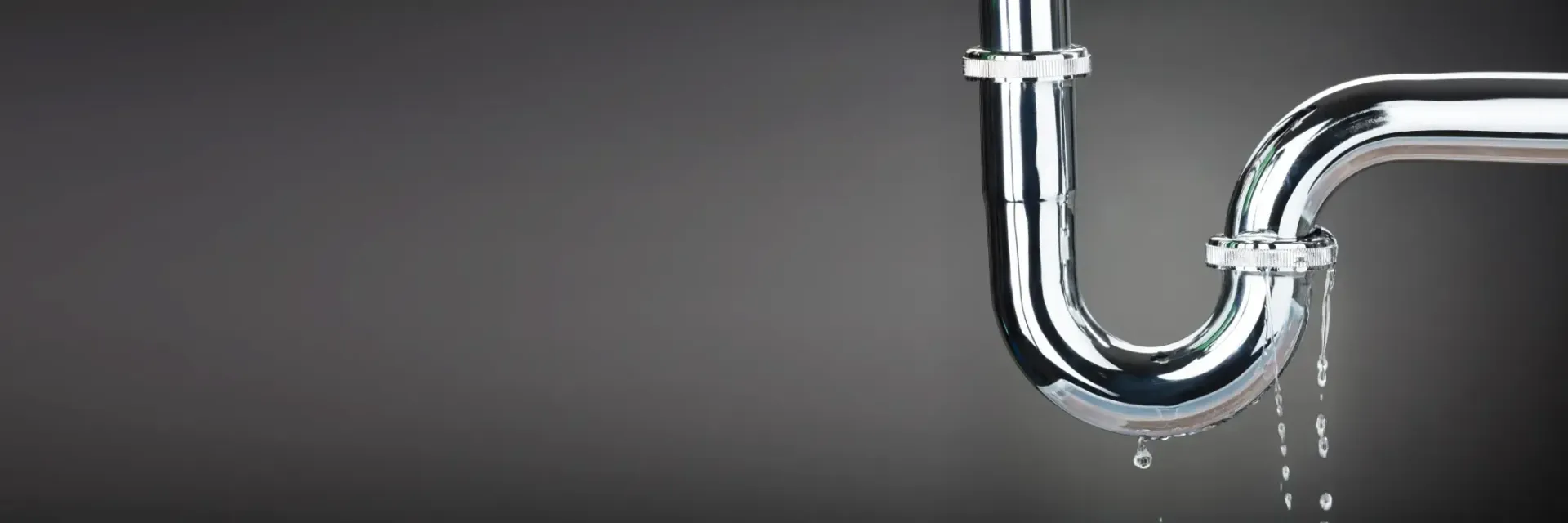
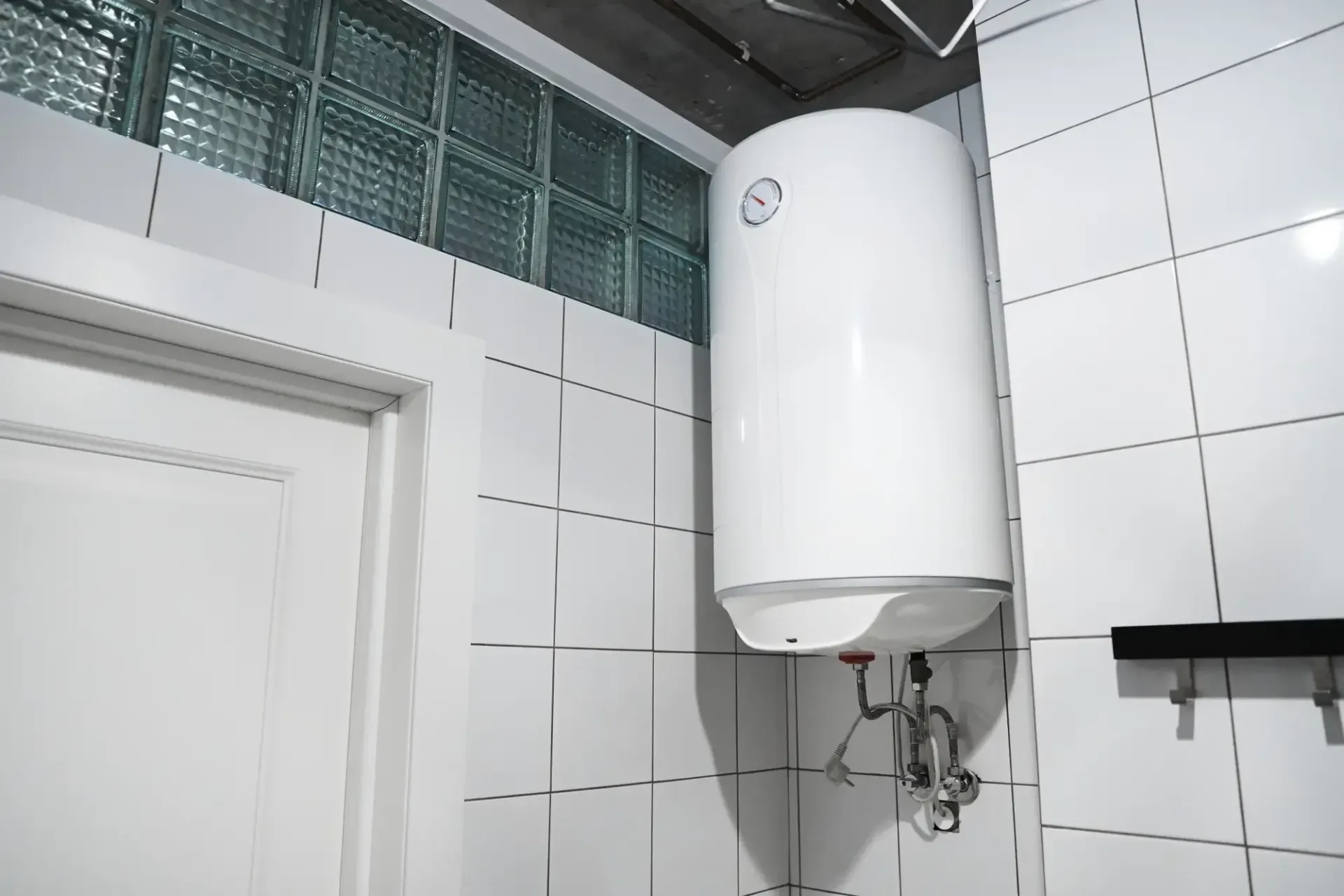
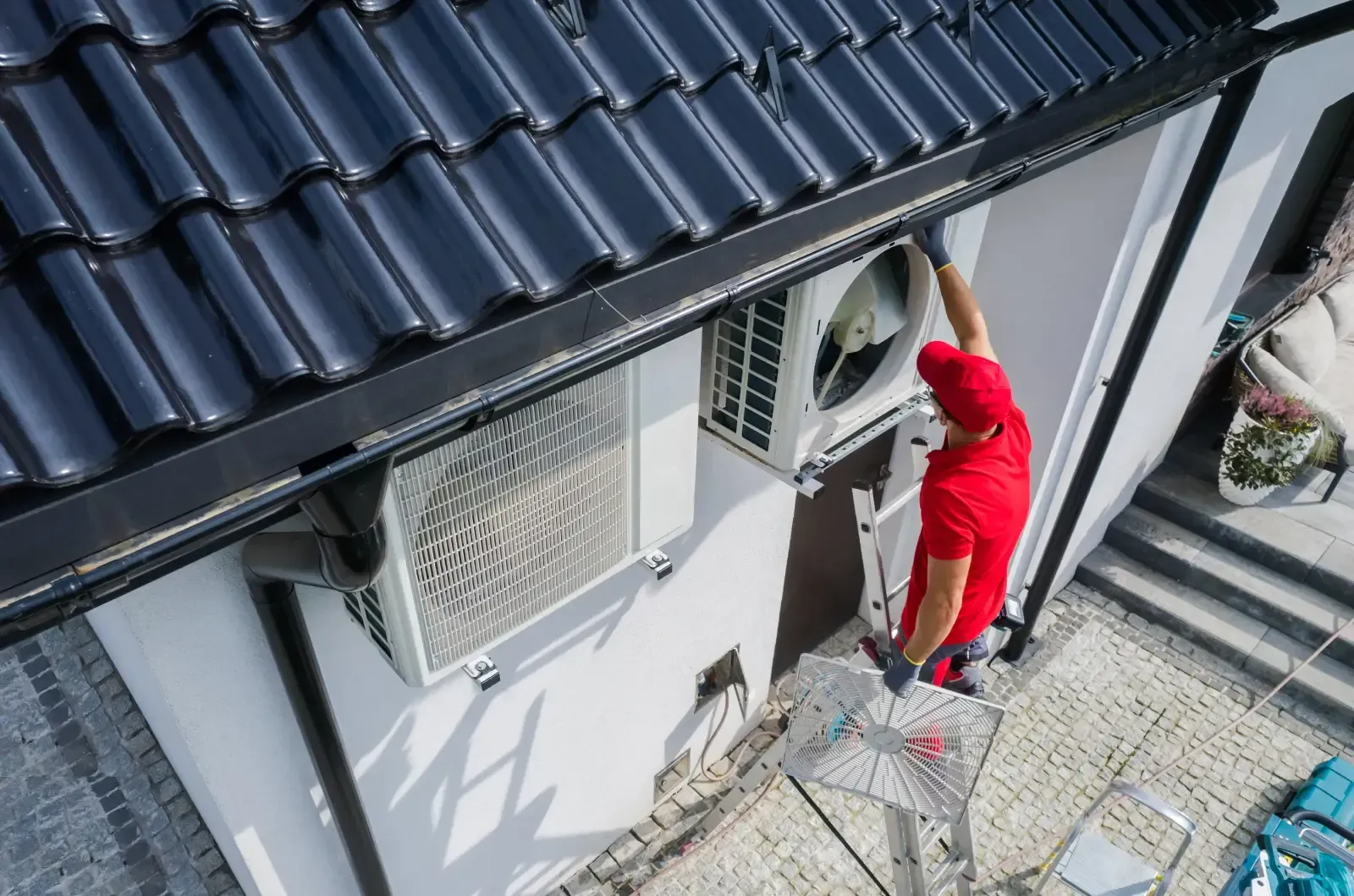
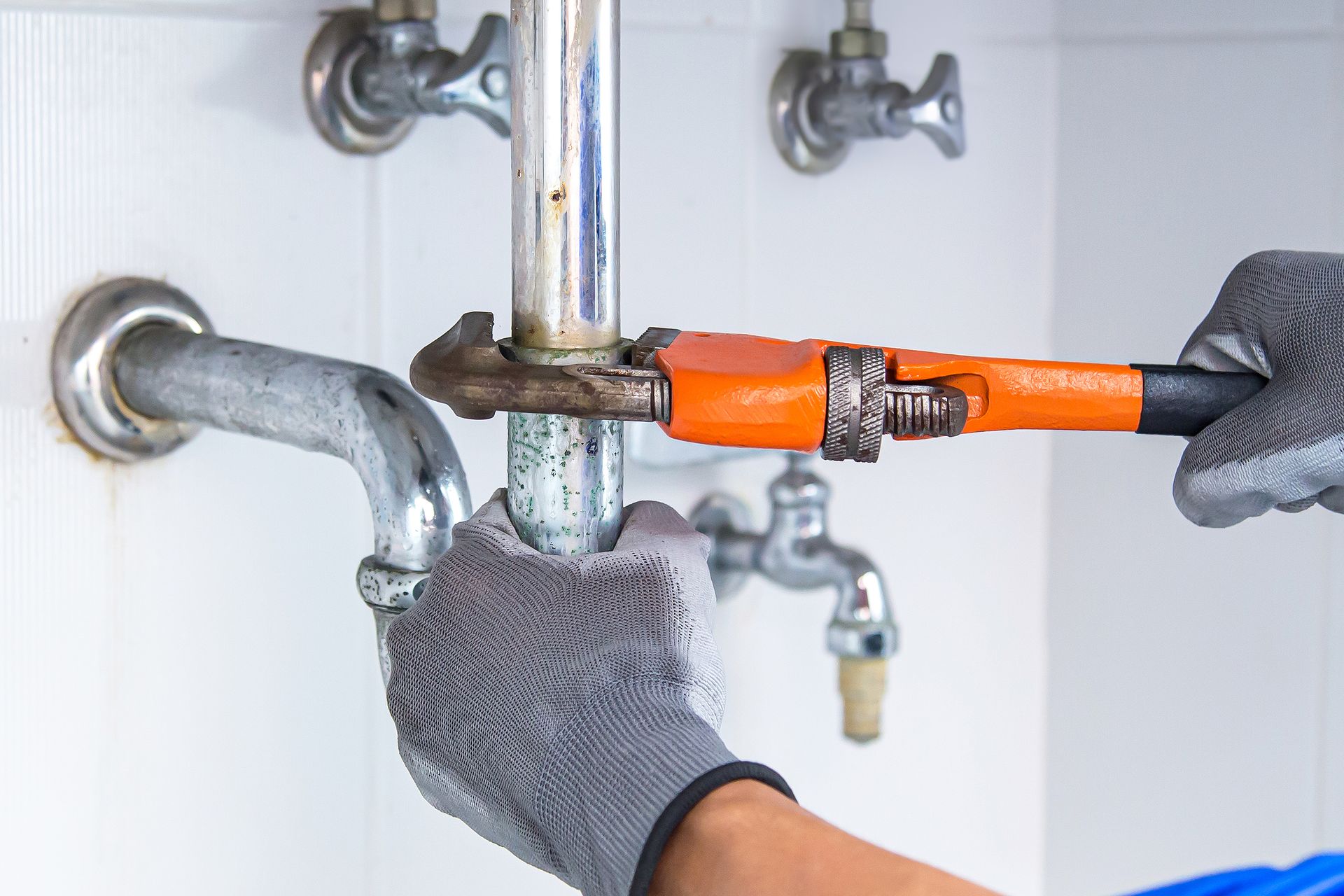
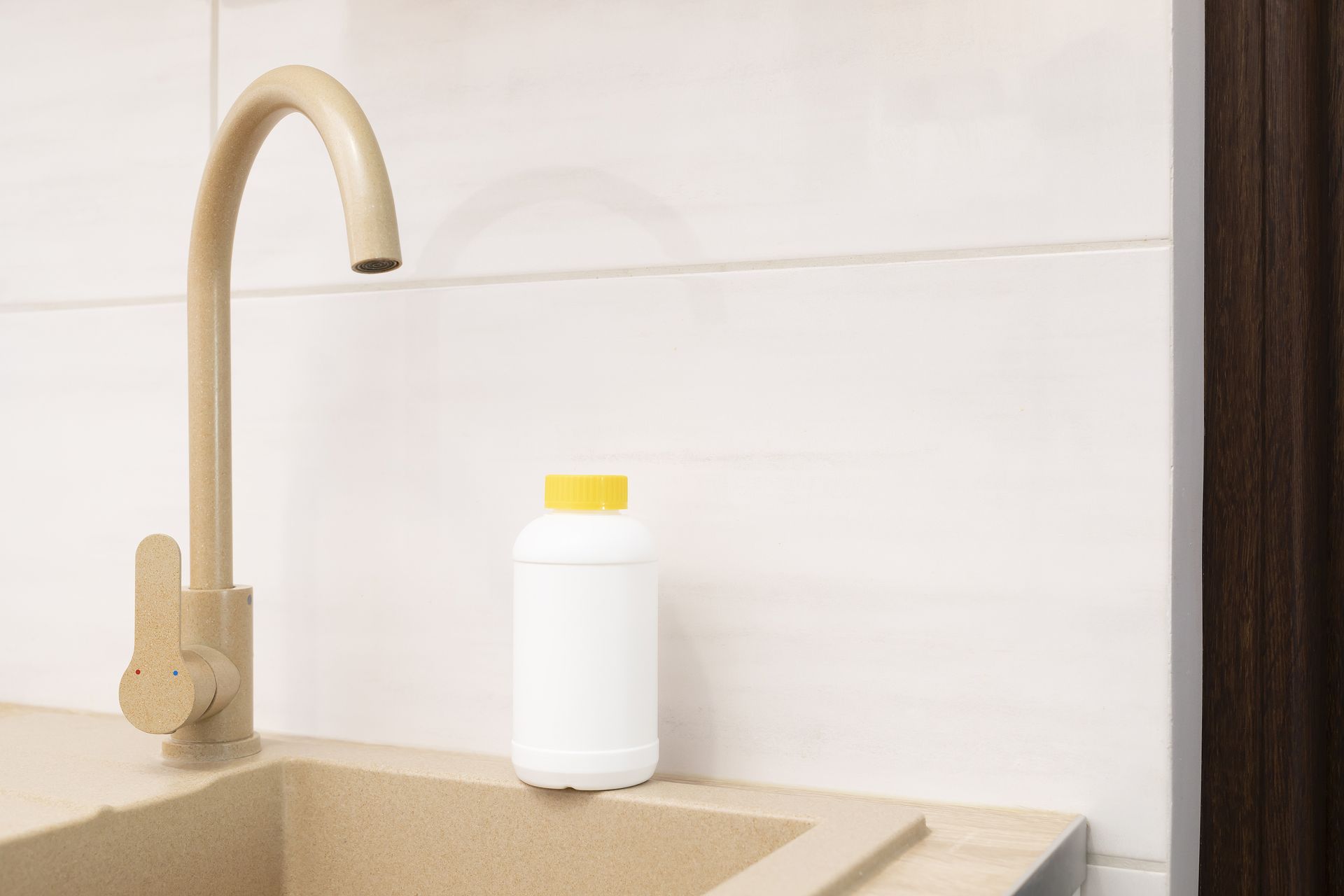
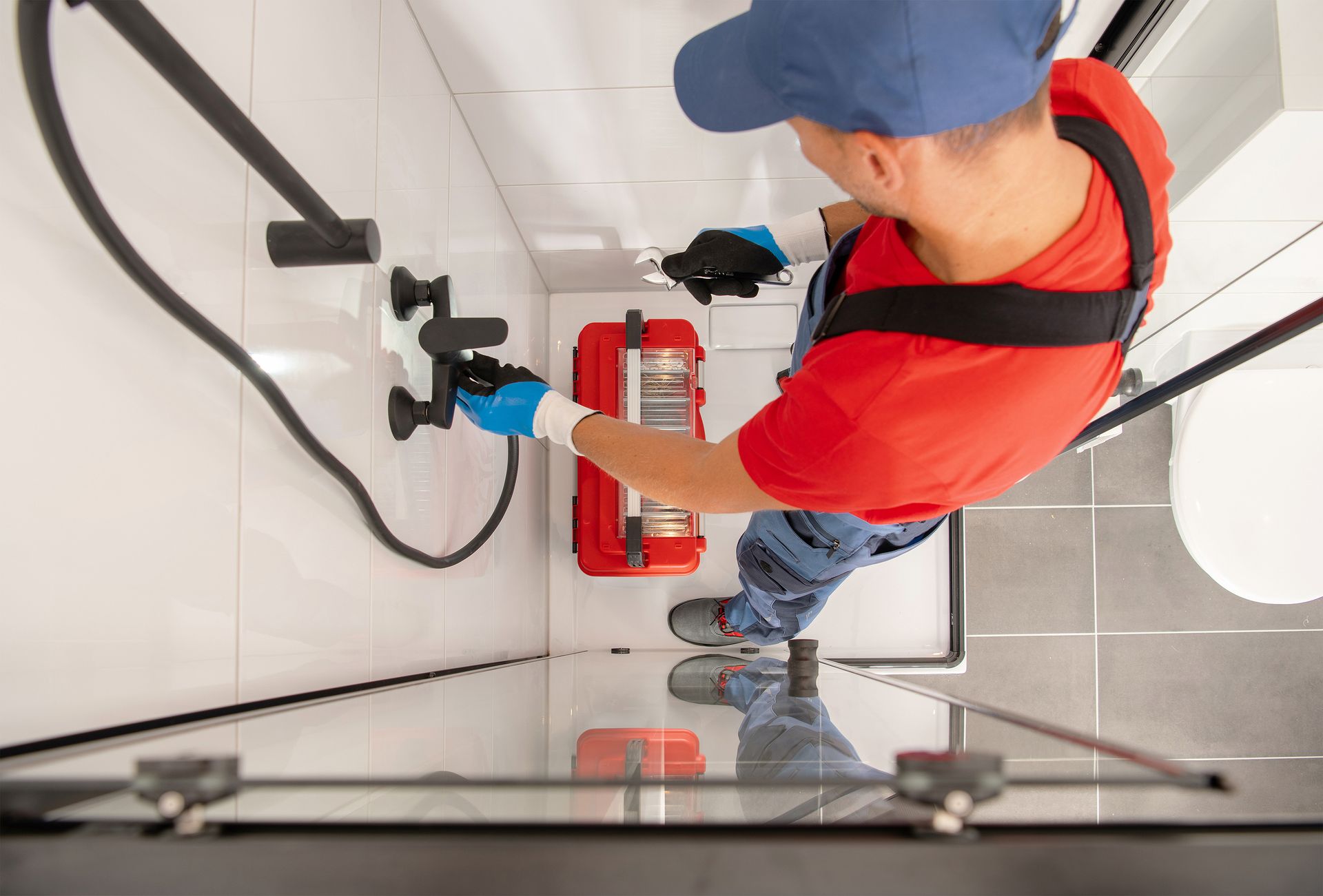
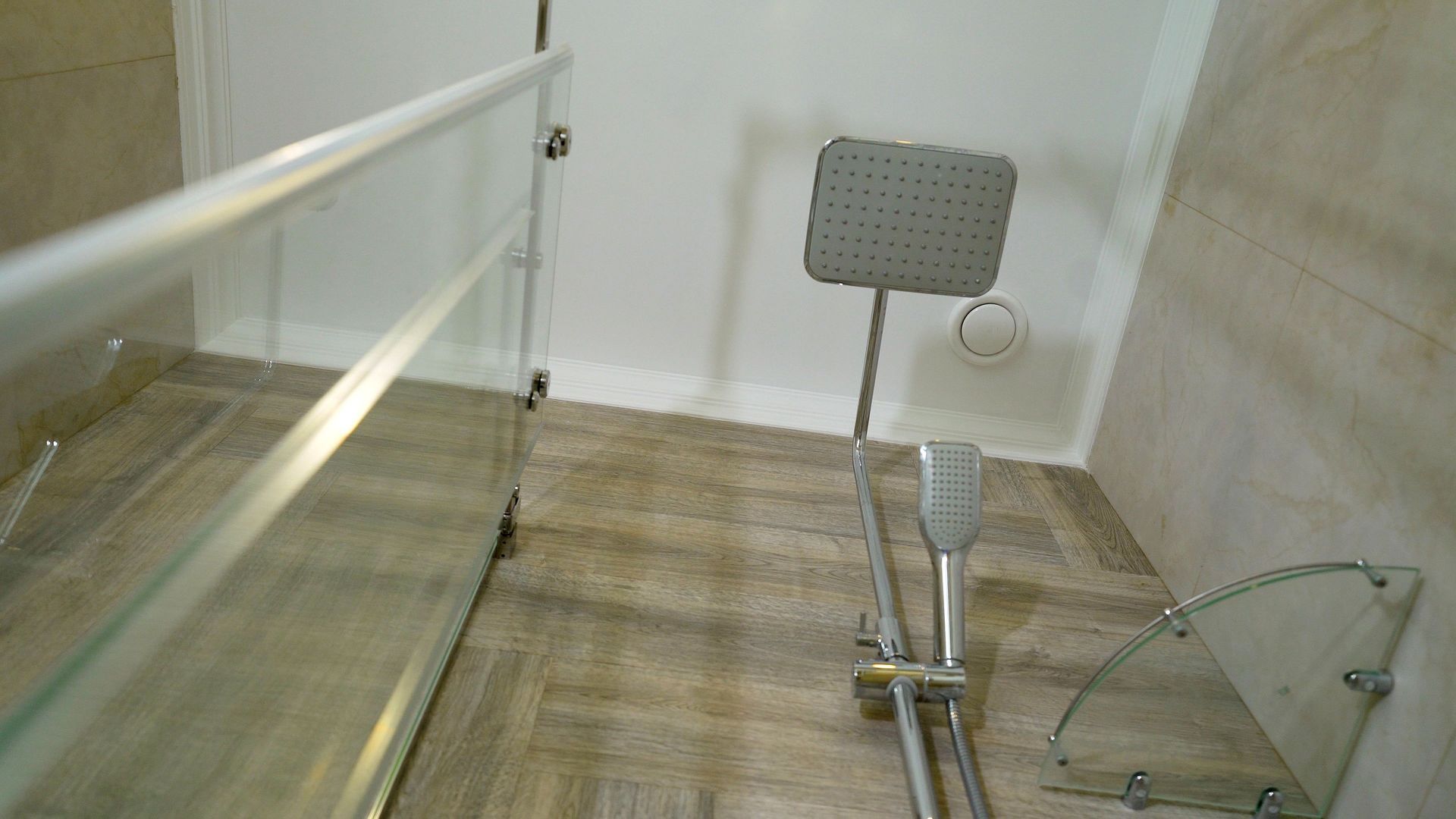
Share On: